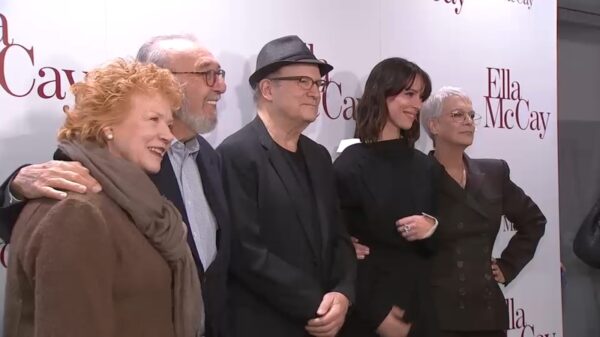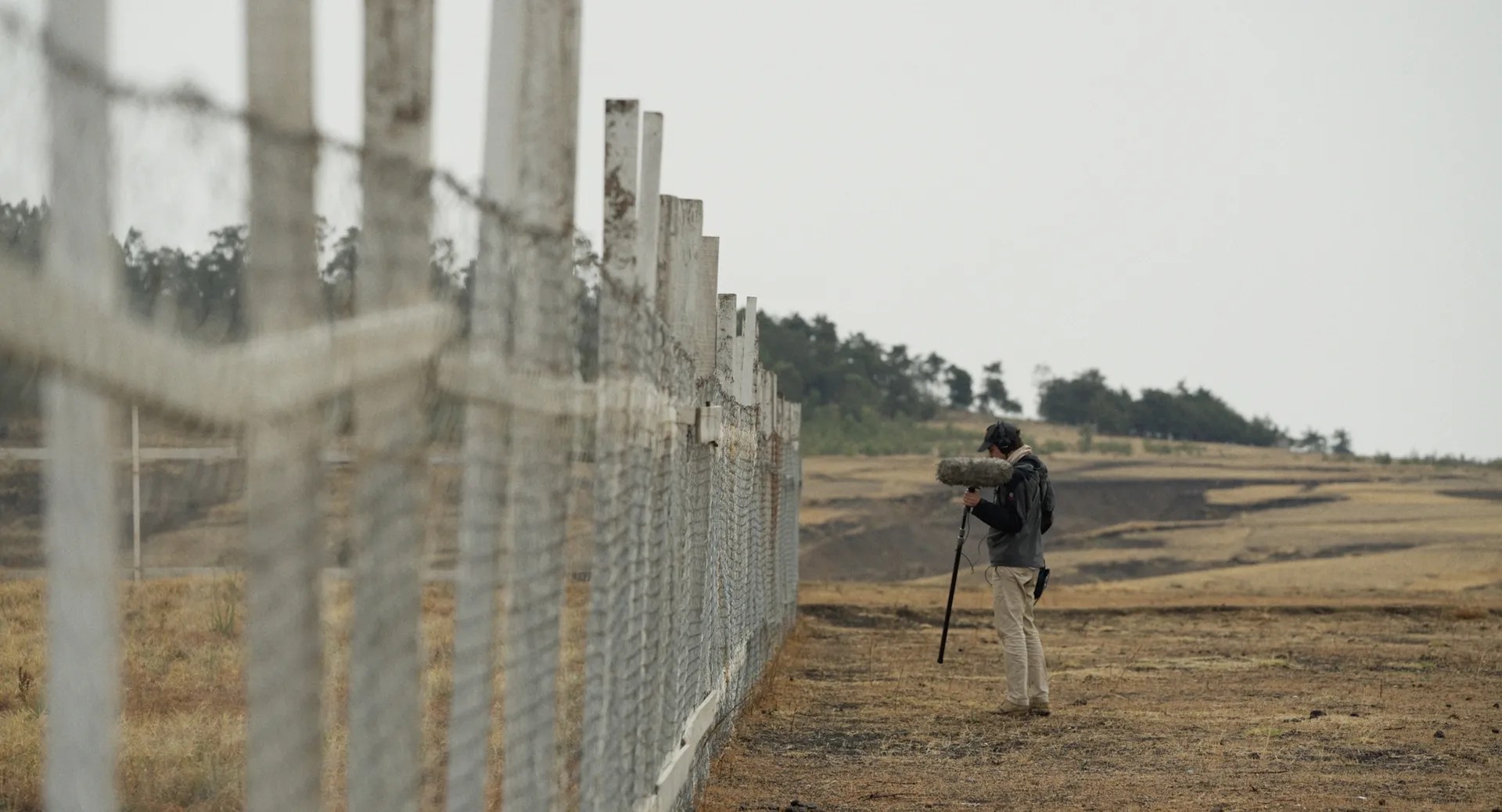An emotional journey unfolds in the new short film, an open field, directed by Teboho Edkins. The film, co-produced by his father, Don Edkins, will have its world premiere at the International Documentary Film Festival Amsterdam (IDFA) on November 19, 2023. This poignant 38-minute documentary reflects on personal loss and communal grief following the tragic crash of a Boeing 737 MAX in March 2019, which claimed the lives of all 157 individuals on board, including Teboho’s younger brother, Max Thabiso Edkins.
The film’s narrative centers around Teboho and Don’s journey to the crash site in Ethiopia, where they seek understanding and closure. The synopsis describes how their visit leads them to a community that embraces mourning as a vital part of their culture. The villagers, who have also been affected by the tragedy, welcome the Edkins family, regarding the crash victims as “visiting guests” and acknowledging their shared sorrow.
Exploring Grief and Community
Teboho Edkins shares that his first visit to the crash site was shortly after the incident in 2019. He recalls showing local villagers photos of his brother, realizing that they had become the custodians of the site. “Grief-stricken, I understood their pain,” he notes. Initially reluctant to participate in the film project, Teboho found it challenging to confront the memories associated with the crash.
Don Edkins, a seasoned documentary producer, felt compelled to create a film that highlighted the injustices surrounding the crash. “I wanted to make a film about the crash that would spotlight the injustice that took so many lives,” he explains. Growing up in apartheid-era South Africa, he always viewed documentary cinema as a means to address human rights issues and navigate his own grief through creativity.
The project faced hurdles, including restrictions on media access to the crash site. After extensive efforts to establish connections, the Edkins family received exclusive permission from Ethiopian Airlines to film at the site in 2022. This marked a significant milestone in the production.
Contrasting Responses to Tragedy
The film contrasts the community’s heartfelt response to the tragedy with the actions of Boeing, which has been criticized for its handling of the incident. Investigations revealed flaws in the flight-control system, raising questions about safety and accountability. Don Edkins emphasizes the stark difference between the compassion shown by the villagers and the perceived corporate indifference.
As a part of the film’s promotional efforts, a clip has been released featuring an eyewitness recounting their experience during the crash. Teboho’s personal note at the end of the clip reads: “The film I didn’t want to make,” encapsulating the emotional weight of the project.
With its blend of personal storytelling and broader social commentary, an open field promises to resonate with audiences, making its debut at IDFA a significant moment in the realm of documentary filmmaking. The film, produced in collaboration with Carine Chichkowsky for Survivance, utilizes both color and black-and-white cinematography, featuring dialogue in English and Amharic, enhancing its emotional depth and cultural context.
As Teboho and Don Edkins prepare to share their story with the world, the film stands as a testament to the power of cinema to process grief, connect communities, and address pressing social issues.






































































